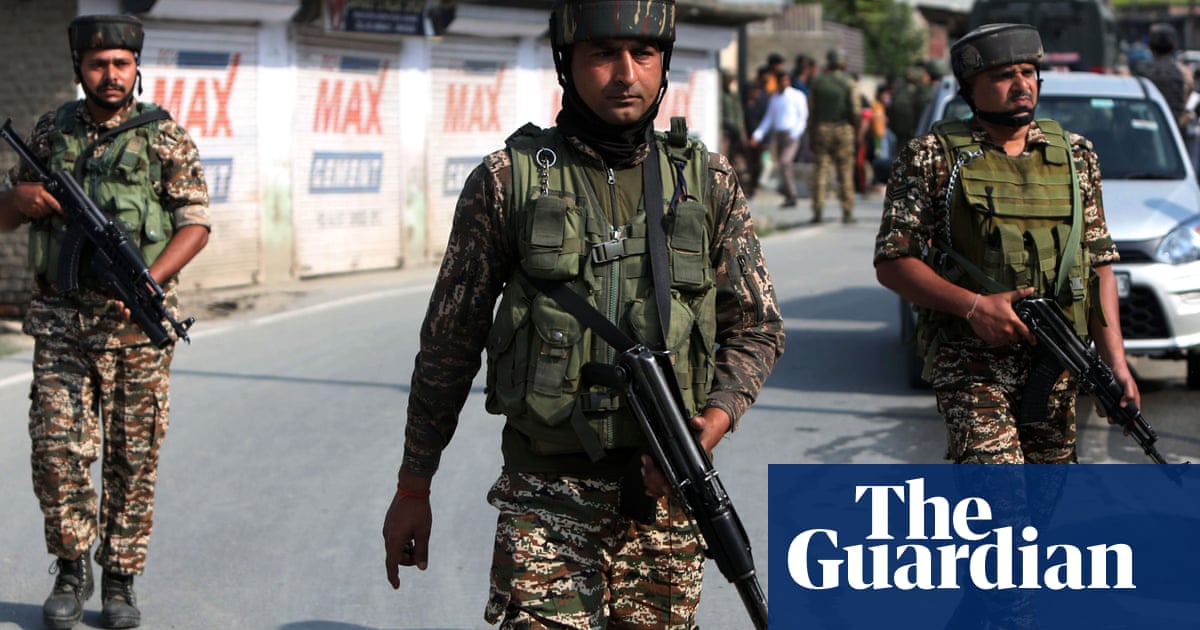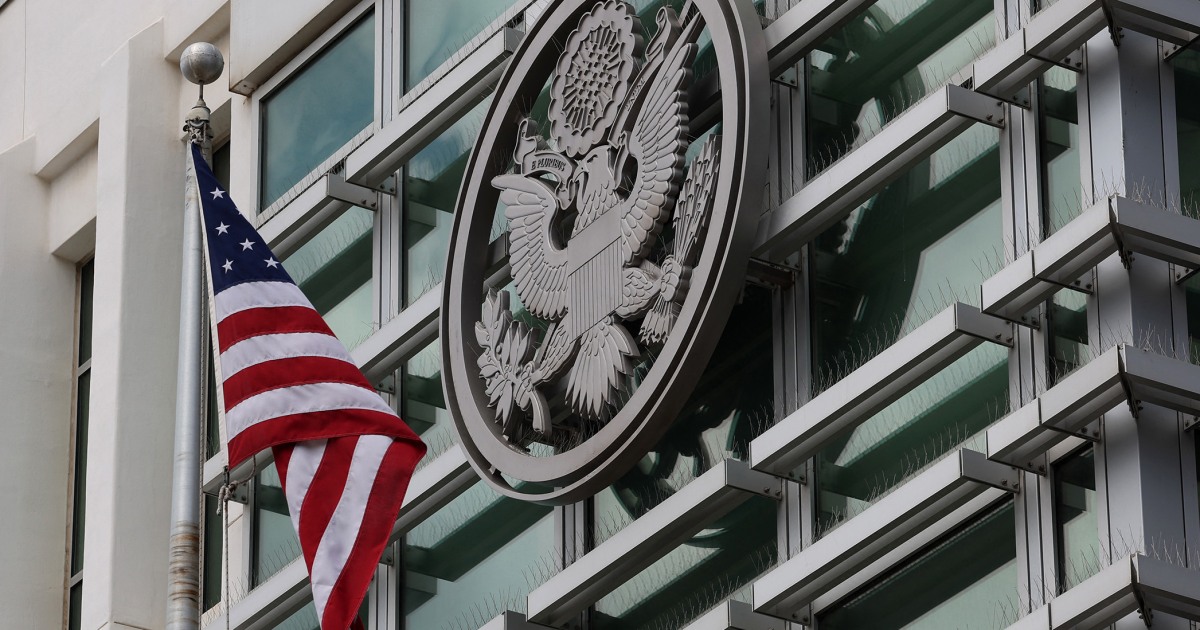Tensions Escalate Between India and Pakistan Following Deadly Strikes

Tensions soared across the subcontinent on Thursday as both India and Pakistan braced for potential escalation following a series of airstrikes that has left the region on edge. Airports in both countries were shut down, and heightened security drills were underway in major border cities, reflecting the alarm stemming from Pakistan’s stated intentions to retaliate for lethal strikes carried out by India on Wednesday night.
Prime Minister Shehbaz Sharif delivered a fiery address late Wednesday, vowing to retaliate for the loss of life in what he termed an act of aggression by India. He declared, “I will solemnly swear that we will avenge each and every drop of blood of our martyrs,” after a series of missile airstrikes launched by India earlier that morning claimed the lives of 31 individuals across various locations in Pakistan.
The airstrikes marked India’s most extensive military operation against Pakistan in decades, targeting nine specific locations, including four in the critical Punjab region of Pakistan. The precision of these air and drone strikes underscores a dramatic escalation in military tensions between the two nuclear-armed neighbors.
In the aftermath of the strikes, both nations remained on high alert. Pakistan's civil aviation authorities swiftly suspended all flights from major airports, including Karachi, Lahore, and Sialkot, which remained grounded until Thursday afternoon. Similarly, more than 20 regional airports across northern India were closed, with operations expected to remain halted through Saturday.
Adding to the alarm, the Sindh province in Pakistan, which shares a border with India, declared a state of emergency in all hospitals and health facilities, with the provincial health department mandating that all medical staff cancel their leave to prepare for potential casualties. In India, the city of Amritsar, located a mere 20 miles from the border, conducted a second security drill, prompting residents to remain vigilant amidst warnings of further threats.
The border states of Rajasthan and Punjab in India were placed on extreme alert, with local police leaves cancelled and border security forces instructed to adopt shoot-on-sight protocols for any suspicious activities. India has also activated anti-drone systems in response to the ongoing threat.
Sharif characterized India’s strikes as an “act of war,” and military officials have pledged that Pakistan will respond decisively. Yet, as of Thursday morning, the specifics of that response remained uncertain. While some Pakistani officials claimed that their forces successfully shot down five Indian military aircraft during the confrontation, including three advanced French-made Rafale jets, others hinted that a more substantial retaliatory action was forthcoming.
In the Indian government, officials justified their military action as a necessary response to Pakistan’s alleged support for militant activities, specifically referencing a deadly attack in Kashmir during April that resulted in 26 fatalities. Pakistan has firmly denied any involvement in that incident.
India maintained that the targets of its airstrikes were “terrorist infrastructure,” which included known militant training camps and residences linked to groups responsible for numerous attacks in India over the past two decades. Indian officials stressed that the strikes were measured, proportionate, and aimed solely at non-military targets, asserting that they did not engage any Pakistani military bases or equipment.
Conversely, Pakistan vehemently rejected India’s claims, asserting that no terrorist elements had been operational in the areas targeted by the airstrikes and that the attacks were primarily directed at civilian populations.
As the situation intensified, cross-border shelling continued along the disputed Kashmir border into a second night. Reports confirmed at least one Indian soldier and 11 civilians lost their lives amid the ongoing exchanges of fire.
The international community has increasingly expressed concern, calling for both nations to de-escalate tensions. On Thursday morning, Iranian Foreign Minister Abbas Araghchi arrived in New Delhi for discussions with Indian officials. Earlier in the week, he had visited Pakistan, offering to mediate between the two countries in hopes of averting further conflict.


























